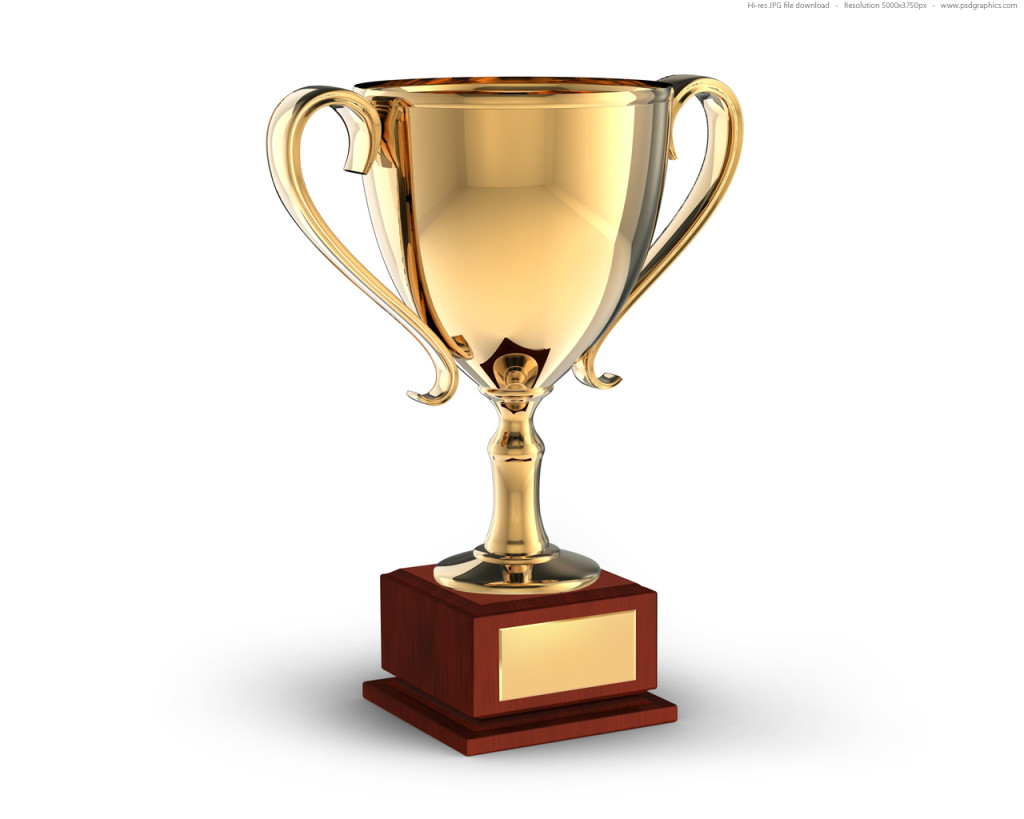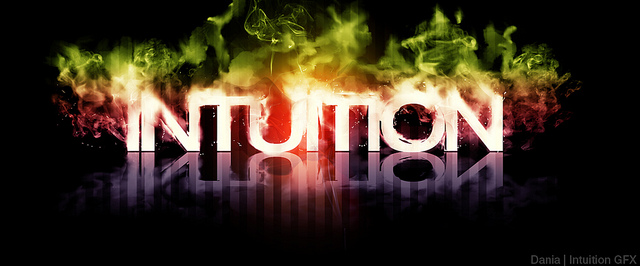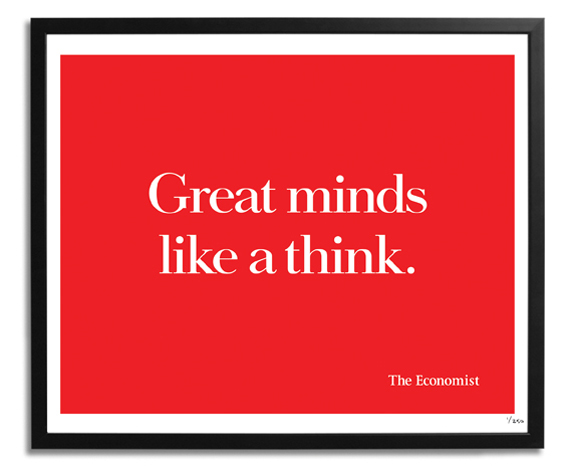“Ignorance killed the cat; curiosity was framed!”
—C.J. Cherryh, Speculative Fiction Writer
Two highly correlated factors to success are life-long learning and, of course, hard work.
Examine the levels of success of people who have dropped out of school, or never cracked a book after graduating from college or university. Formal education is not the only course to pursue success. There is a wide array of true stories in which people who lacked a formal education became extremely successful. These individuals possessed a curious nature, and a desire to learn and grow in support of their passion or purpose.
EXERCISE:
Where could greater curiosity and expanding your learning efforts bring you and those around you a more satisfying and rewarding life?








